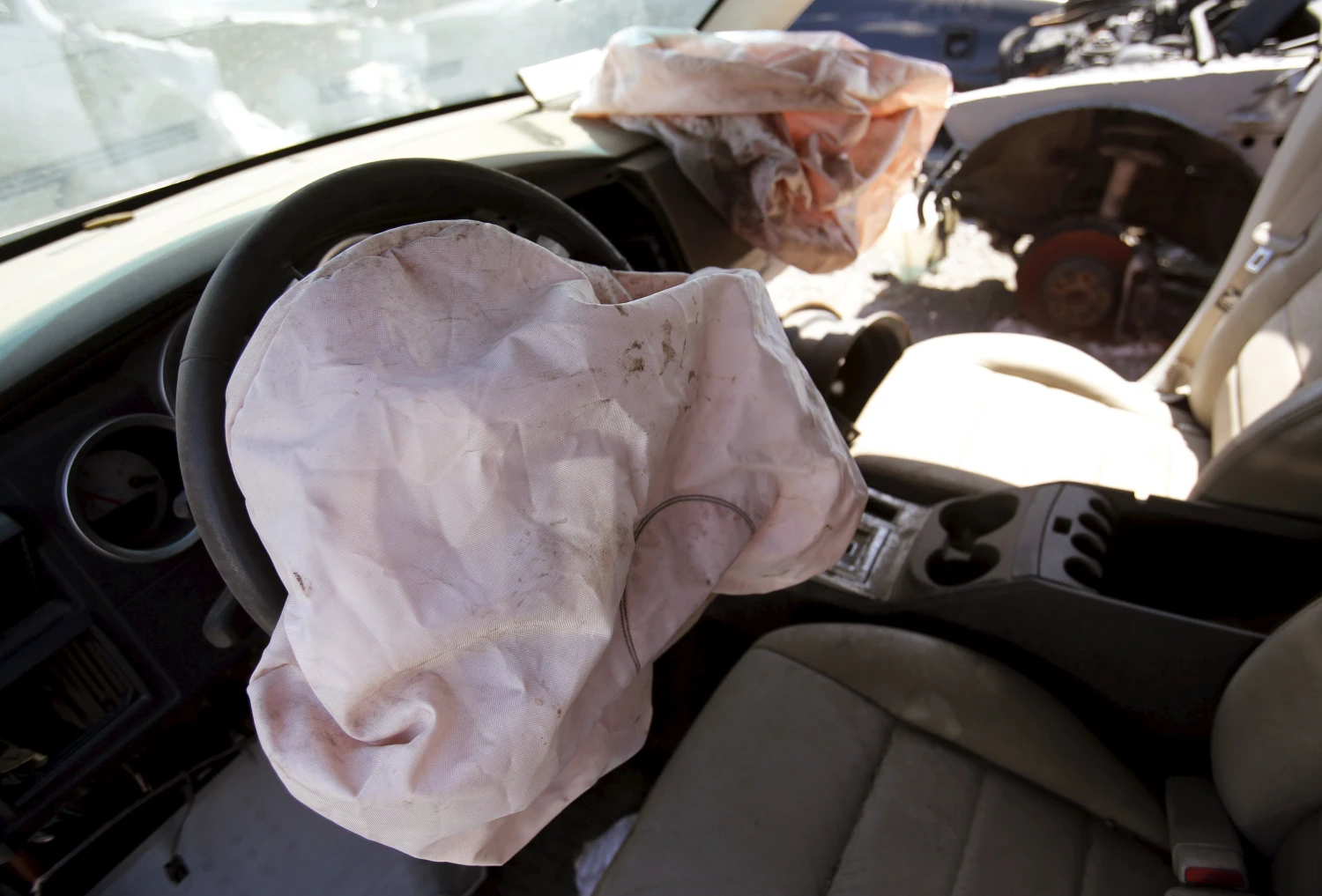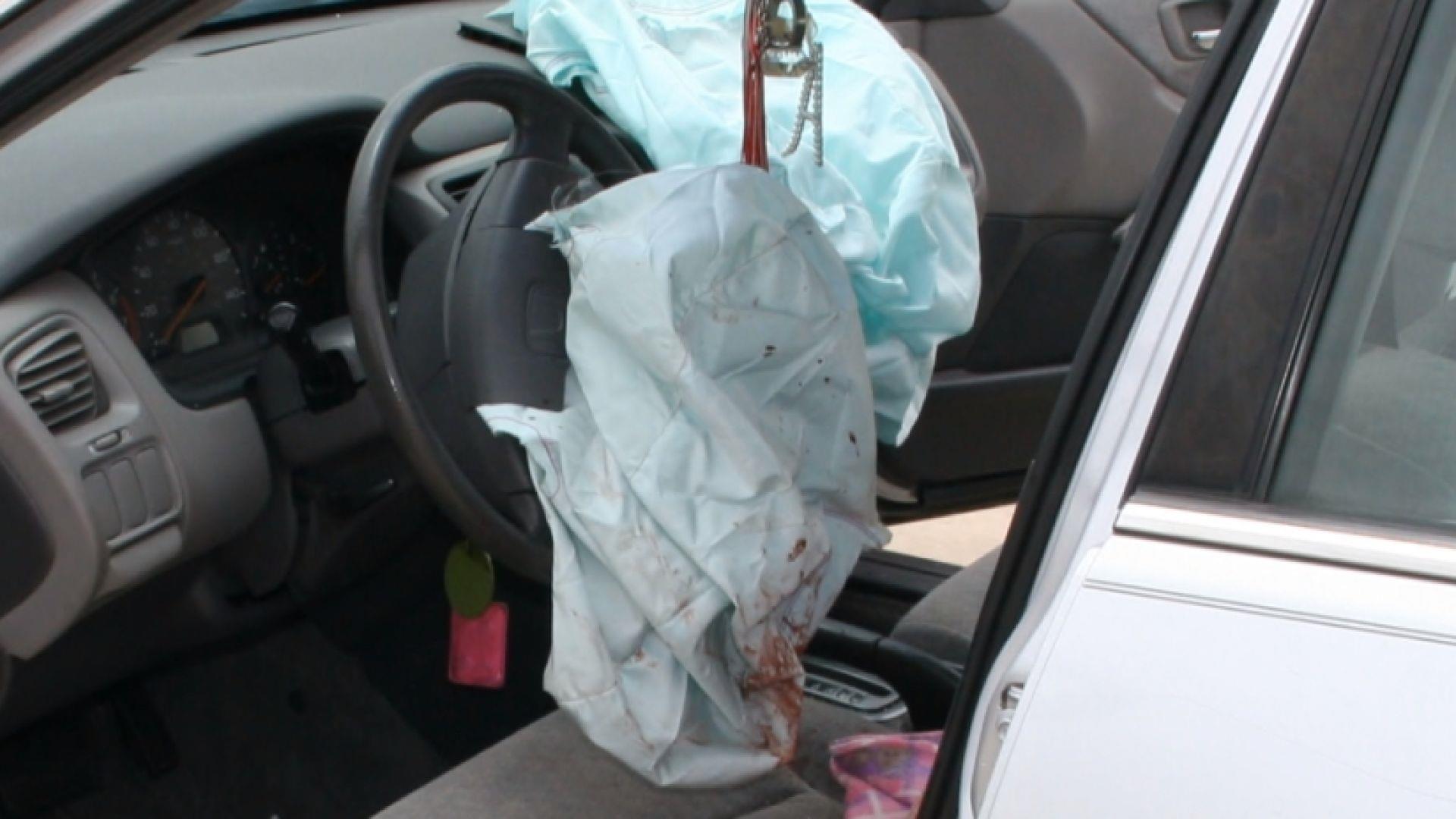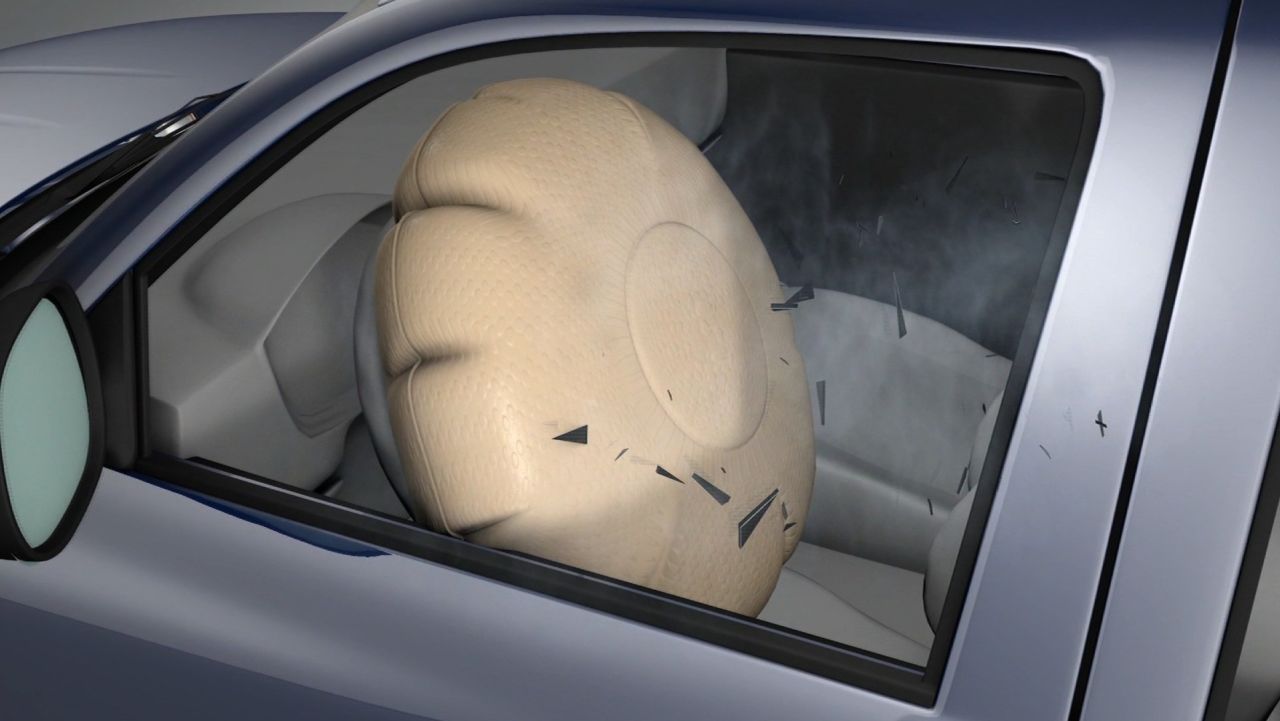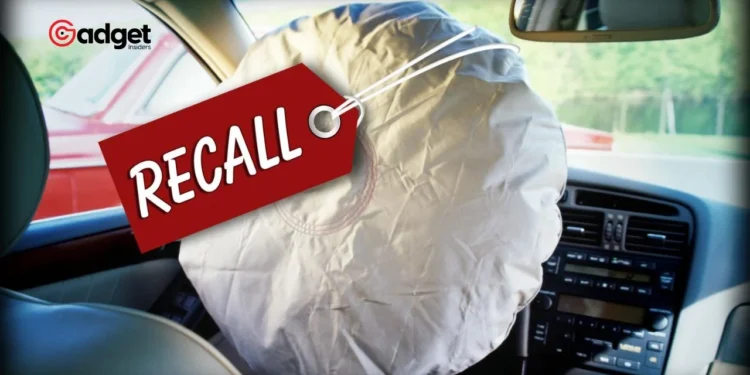Over a decade has passed since the global scandal surrounding Takata airbags first erupted, sending shockwaves through the automotive industry and beyond. Today, despite the extensive efforts to recall and rectify the dangerous defect, a startling number of vehicles on U.S. roads are still equipped with these potentially lethal devices. According to a recent report from Carfax, an alarming 6.4 million vehicles in the United States still contain these defective airbags.

The issue at the core of the scandal involves airbag inflators that, upon deployment, can explode and send shrapnel hurtling towards passengers and drivers. This flaw has not only caused significant injuries but has also been linked to the deaths of 27 individuals in the U.S., according to the National Highway Transportation Safety Administration (NHTSA). Carfax’s findings further highlight the gravity of the situation, reporting that around 400 people have suffered injuries due to these malfunctioning airbags.
RECALL: Nissan is urging the owners of about 84,000 older vehicles to stop driving them because their Takata airbag inflators have an increased risk of exploding in a crash and hurling dangerous metal fragments.https://t.co/JmFHjD95Cw
— ABC15 Arizona (@abc15) May 29, 2024
Urgent Call for Action
Despite the widespread recalls initiated over the years, a considerable number of these defective products remain in use, posing a silent threat to unaware drivers and passengers. “Even after a decade of dedicated and committed effort by vehicle manufacturers, government, non-profits, and businesses, it’s concerning that so many affected vehicles continue to be driven on U.S. roads with these potentially dangerous airbags sitting inside,” expressed Faisal Hasan, Carfax’s general manager for data.

The persistence of these hazardous airbags in millions of vehicles underscores a phenomenon known as ‘recall fatigue,’ where the urgency of ongoing recalls diminishes over time, leading to complacency among vehicle owners. Hasan emphasizes the importance of overcoming this inertia, noting, “It’s easy to see recall fatigue settle in for many consumers, but they need to act. We know that raising the alarm with local media can make that happen urgently. Getting an airbag replaced is quick, free to them, and could save the life of a loved one — or their own!”
The Economic and Human Cost of the Takata Airbag Scandal
The fallout from the defective airbags had far-reaching consequences, not only in terms of human safety but also financially. Takata, once a leading manufacturer of safety products for vehicles, was pushed into bankruptcy in 2017. The costs associated with the recalls and the replacements of millions of airbags proved too burdensome for the company, culminating in its financial demise.

Conclusion: A Call to Awareness and Safety
The continued presence of Takata’s defective airbags in millions of vehicles represents a stark reminder of the lasting impacts of corporate oversight failures. For vehicle owners, the message is clear: check your car’s airbag status and ensure you are not unwittingly at risk. With the process being quick and free, the only investment is a small amount of time — a worthy trade for safety and peace of mind.









